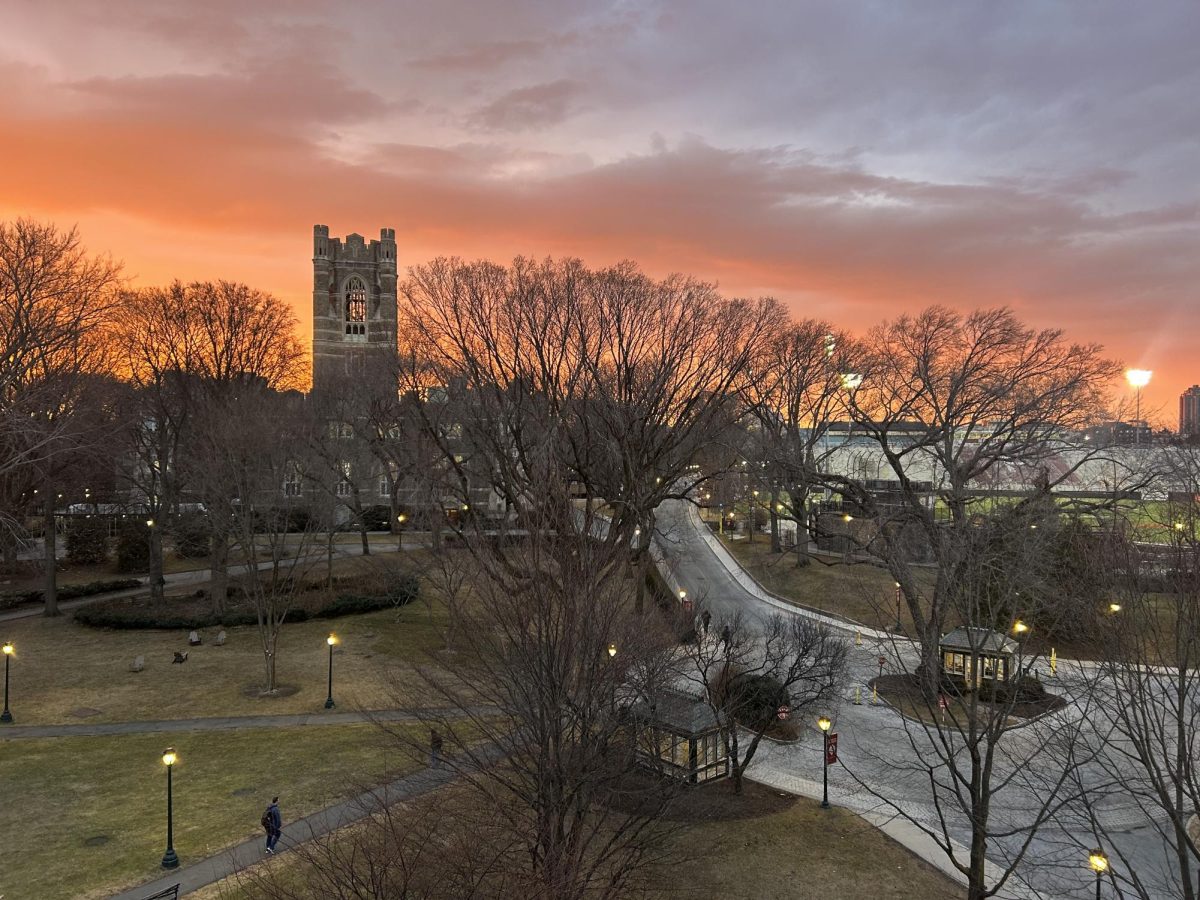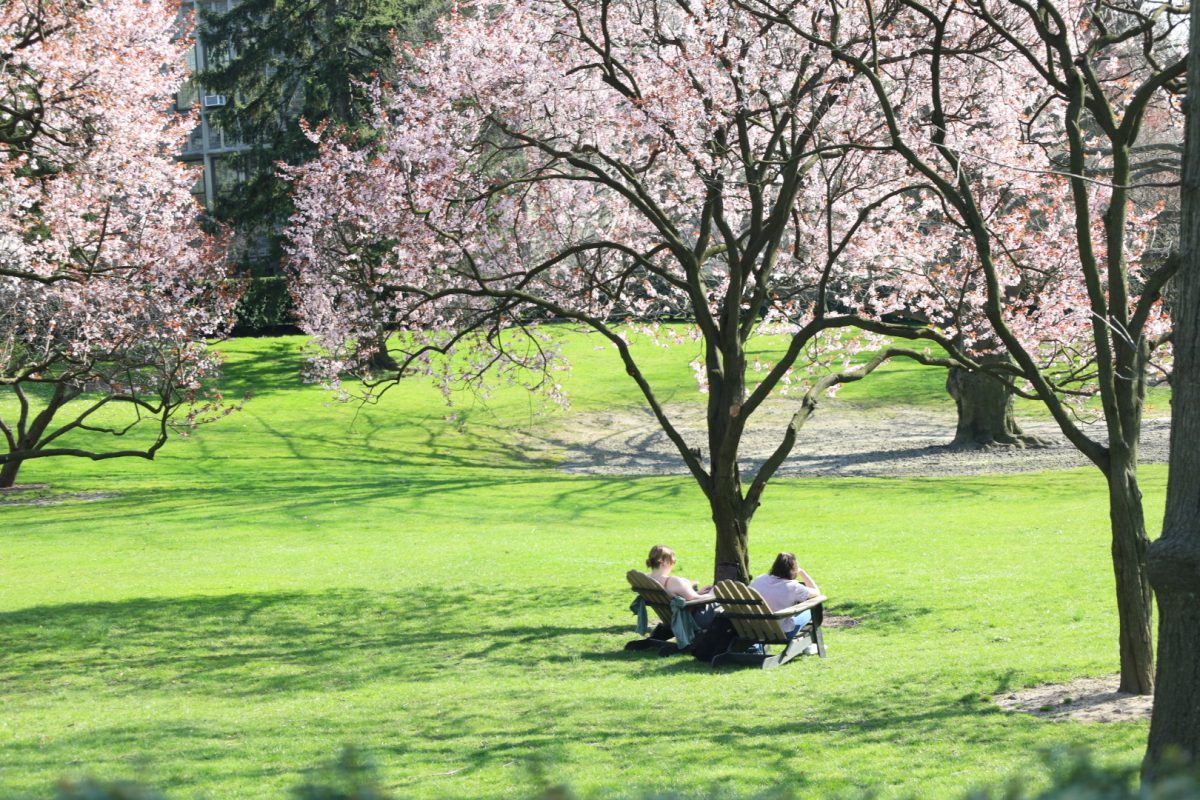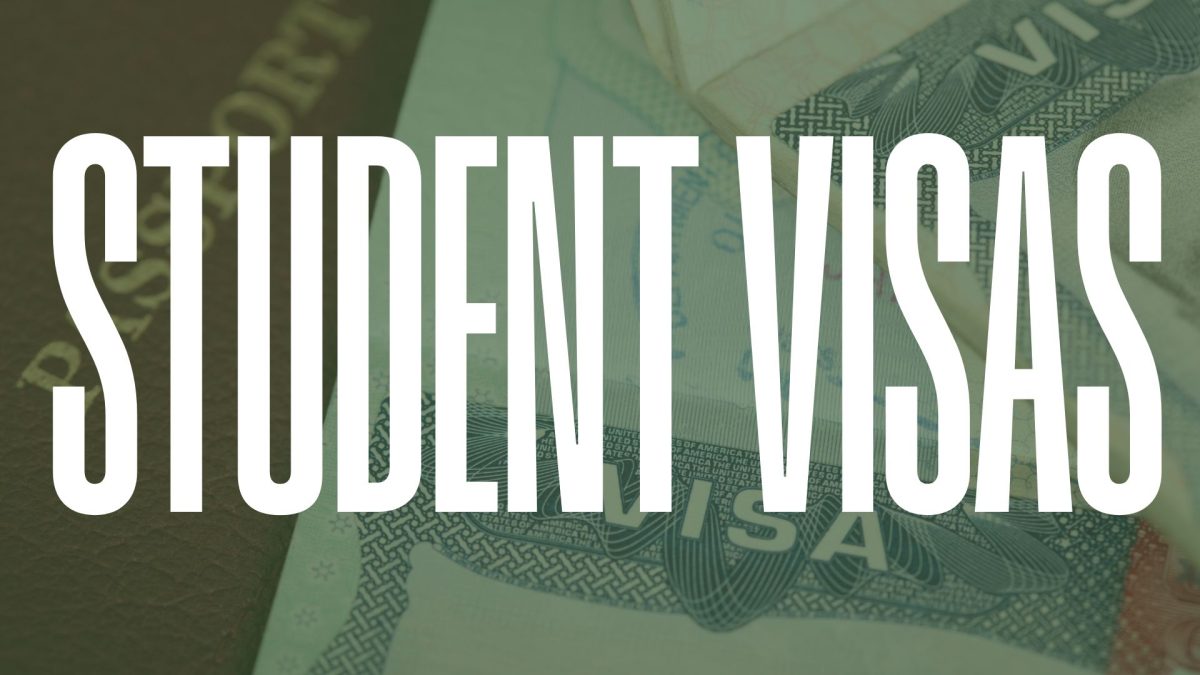
By Olivia Richter
Disregard the web-throwing, reflexes and superhuman strength of Spider-Man, and Peter Parker is just an average New Yorker with a sense of responsibility to keep his hometown safe. Spiderman is what one calls a vigilante: a citizen who takes law enforcement into his or her own hands without legal authority works.
One of Spiderman’s largest conflicts (aside from the Green Goblin, Dr. Octopus and the occasional lizard person) is his sticky relationship with the NYPD. Is he out of line trying to do the police force’s job without the proper license, even if at times he can be in places the NYPD cannot? This issue is a very real one outside the world of Marvel comics, as there has been a reported rise in vigilante groups in neighborhoods throughout New York City.
The NYPD sanctions 12 “Civilian Observation Patrol” groups around the city, but many more exist unwarranted, like the newly-formed Sunset Park’s Brooklyn Asian Safety Patrol and the Howard Beach Civilian Observation Patrol.
Vigilante groups can be a good way to increase a sense of security in Manhattan’s surrounding boroughs because many New York citizens feel that Manhattan is prioritized by the NYPD. The problem lies in where to limit the power of civilian protection groups.
In the New York Post last week, Robert McCrie, a professor at the John Jay College of Criminal Justice, offered his belief that vigilante groups need to have a greater awareness of the extent of their power. “The big concern is that people will have a hard time understanding what limitations they actually have…They are not police officers. They are private citizens reporting anything suspicious,” he explained.
These groups, when they have earned respect in the neighborhood or borough that they strive to protect, can be very beneficial in reporting undocumented crime to the police. Though they have no authority to make arrests, civilian protection groups, like the well-known Guardian Angels, can make citizens feel safer in place of inadequate numbers of actual officers.
Fordham political science professor Annika Hinze stated that respected vigilante groups “can be great to make neighborhoods feel more secure. It’s such an American tradition for people to stick together. As a secondary institution, they can make people feel good, but if they get too strong and are intimidating, it becomes a problem.”
Certain groups have gone too far in exerting power they do not legally have. The Orthodox Jewish group the Brooklyn Shomrim were notified of the disappearance of 8-year-old Leiby Kletzky but failed to report it to the NYPD for two-and-a-half hours, a critical time period in missing persons cases. Kletzky was murdered, and the Brooklyn Shomrim were put under fire for their negligence.
How can we differentiate the beneficial vigilante groups from those that cause more harm than good? Professor Hinze explained, “It depends on how well they are serving the whole neighborhood. Are they looking out for everyone? Are they cooperating with the police or hindering police work?” Some vigilante groups, like the Brooklyn Shomrim, have been known to only provide aid to specific ethnic or religious groups, which gives them a bad name outside their community and delegitimizes their work.
“If there’s no way to make sure these people are qualified, then they shouldn’t have power. I wouldn’t trust someone without a badge to protect me,” said Libby Smislova, FCRH ‘18.
The 12 NYPD-sanctioned groups that are required to go through official training every two years are much easier to support than the unsanctioned committees. They are becoming more of a necessity as police focus shifts away from local crime, and resources center on anti-terrorism efforts.
Guardian Angel founder Curtis Sliwa stresses the importance of extra protection outside of the police force. “In the outer boroughs, people never get the top-shelf, five-star security that the NYPD gives [to Manhattan]. If you don’t do it yourself, you’re going to be left in the lurch. There aren’t enough cops.”
The reason Spider-Man is so easy to root for is his commitment to the safety of the entire city. In order to be equally respected, vigilante groups must not discriminate in their efforts to protect.
Unlike Spider-Man, they must cooperate with the police and remain within the limits of their power. If they can do this and gain the respect of their communities, vigilantes provide a great source of extra security. As soon as a vigilante group gains a false sense of the limits of its power, it becomes harmful and loses its credibility.
Olivia Richter, FCRH ’18, is an international studies major from Hampton, New Hampshire.






































































































































































































